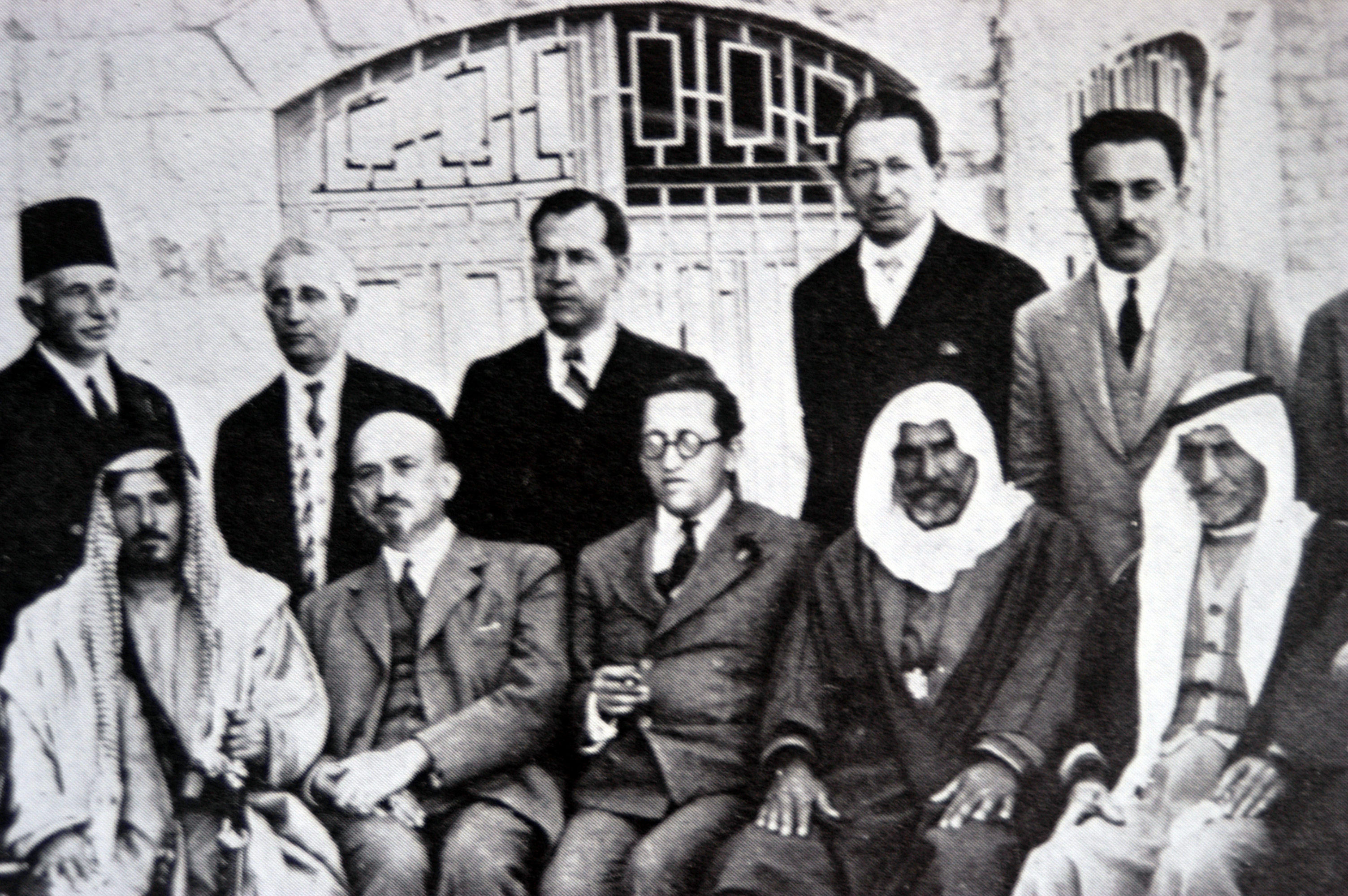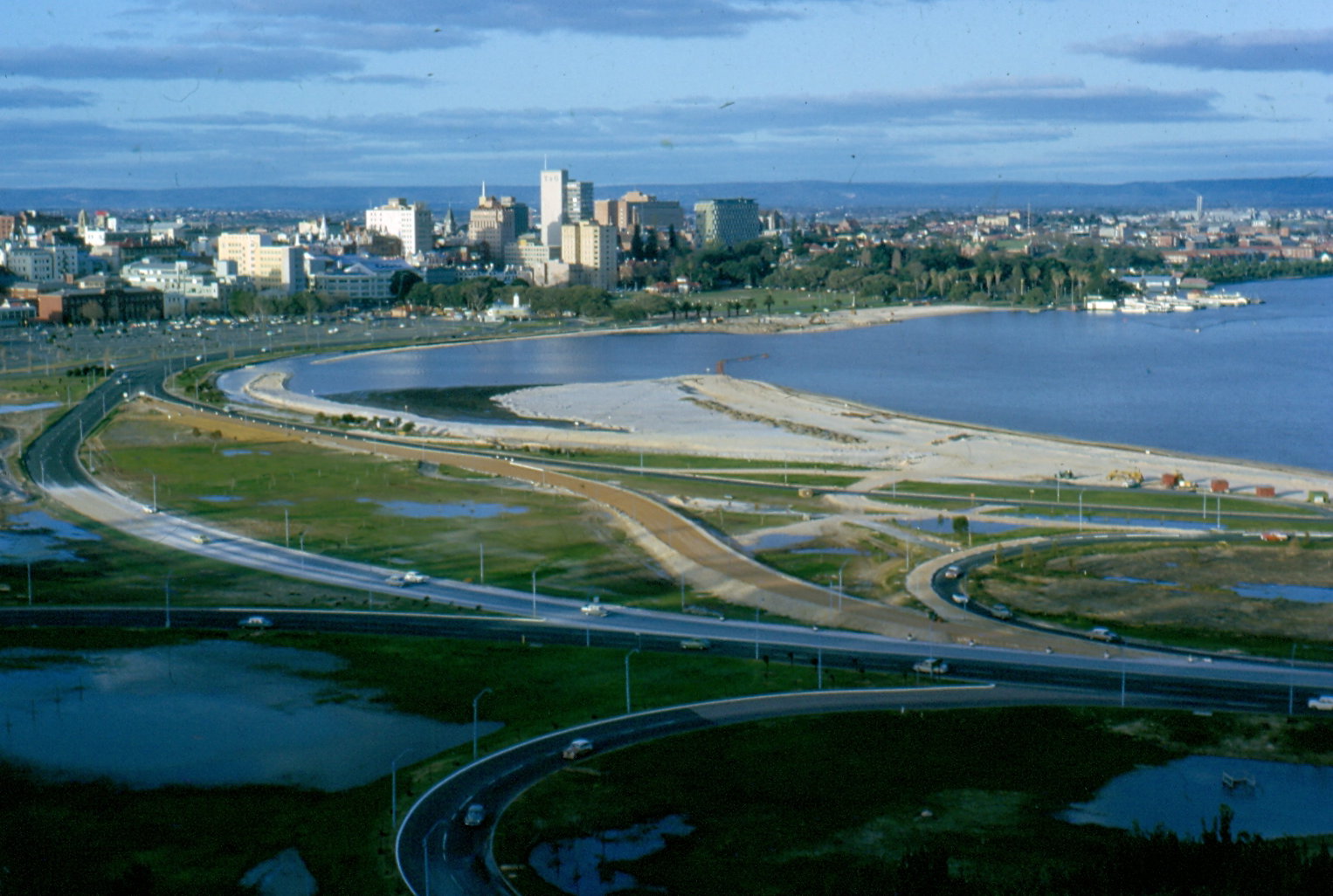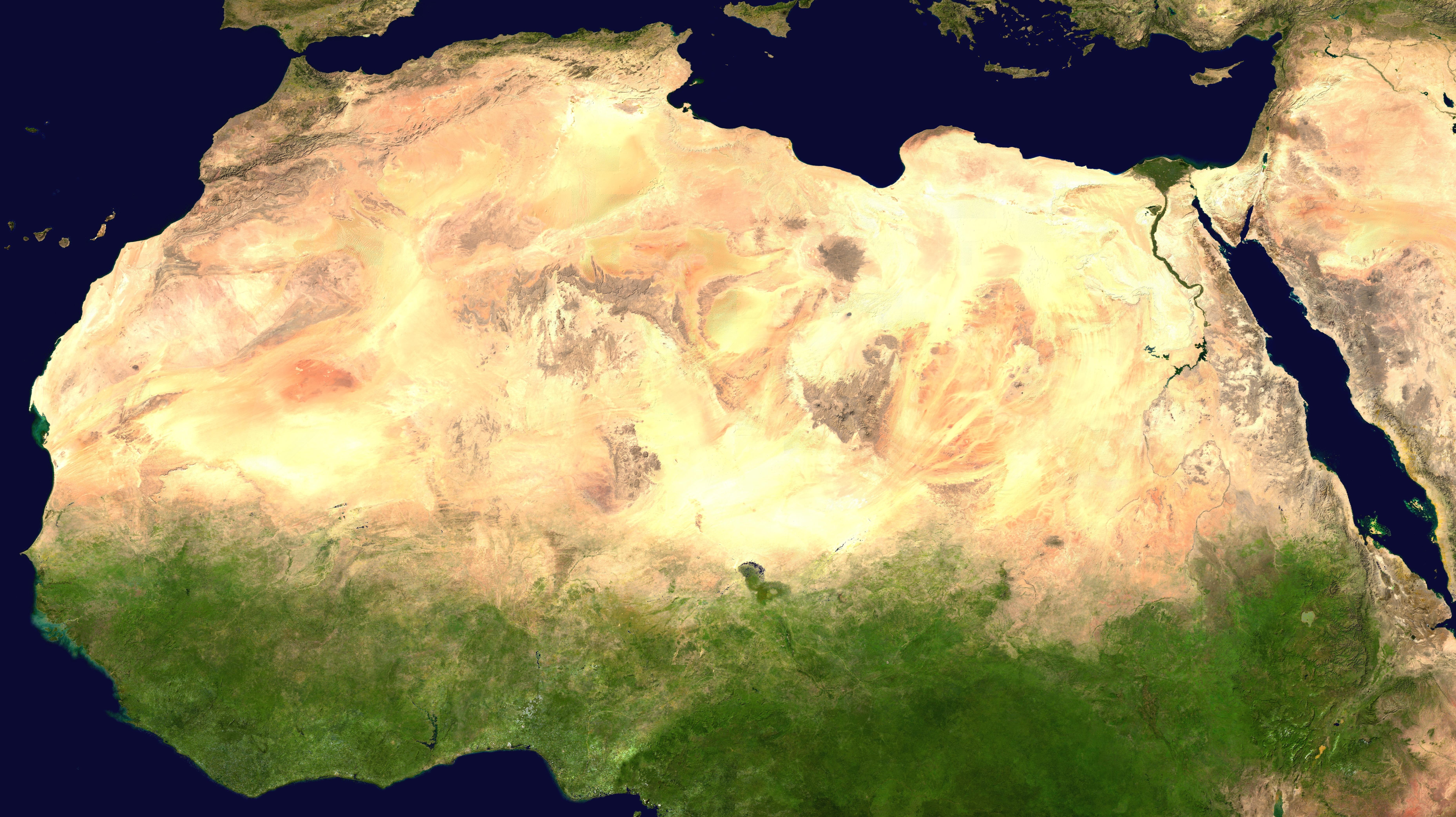|
Conquest Of The Desert Exhibition
Conquest of the Desert was a Specialised Expo recognised by the 28th General Assembly of the Bureau International des Expositions on 13 November 1951, held in Jerusalem in 1953 at Binyanei Ha'uma, a convention center in Jerusalem. It focused on the themes of reclamation and population of desert areas. History The exhibition was opened on 22 September by President Ben Zvi and acting Prime Minister Moshe Sharett. It lasted for 22 days, closing on 14 October. It was visited by 600,000 people. Thirteen foreign countries participated which included the United States although it declared a boycott of the opening ceremony. The Soviet Union declined to attend. Both UNESCO and the World Health Organization also attended. Postage stamps commemorating the exhibition were designed by Abram Games. See also *Culture of Israel The roots of the culture of Israel developed long before modern Israel's independence in 1948, and traces back to ancient Israel ( 1000 BCE). It reflects Jewish cul ... [...More Info...] [...Related Items...] OR: [Wikipedia] [Google] [Baidu] |
Israel
Israel (; he, יִשְׂרָאֵל, ; ar, إِسْرَائِيل, ), officially the State of Israel ( he, מְדִינַת יִשְׂרָאֵל, label=none, translit=Medīnat Yīsrāʾēl; ), is a country in Western Asia. It is situated on the southeastern shore of the Mediterranean Sea and the northern shore of the Red Sea, and shares borders with Lebanon to the north, Syria to the northeast, Jordan to the east, and Egypt to the southwest. Israel also is bordered by the Palestinian territories of the West Bank and the Gaza Strip to the east and west, respectively. Tel Aviv is the economic and technological center of the country, while its seat of government is in its proclaimed capital of Jerusalem, although Israeli sovereignty over East Jerusalem is unrecognized internationally. The land held by present-day Israel witnessed some of the earliest human occupations outside Africa and was among the earliest known sites of agriculture. It was inhabited by the Canaanites ... [...More Info...] [...Related Items...] OR: [Wikipedia] [Google] [Baidu] |
Moshe Sharett
Moshe Sharett ( he, משה שרת, born Moshe Chertok (Hebrew: ) 15 October 1894 – 7 July 1965) was a Russian-born Israeli politician who served as Israel's second prime minister from 1954 to 1955. A member of Mapai, Sharett's term was both preceded and succeeded by the premiership of David Ben-Gurion. Sharett also served as the country's first foreign minister between 1948 and 1956. Biography Born in Kherson in the Russian Empire (today in Ukraine), Sharett immigrated to Ottoman Palestine as a child in 1906. For two years, 1906–1907, the family lived in a rented house in the village of Ein-Sinya, north of Ramallah. In 1910 his family moved to Jaffa, then became one of the founding families of Tel Aviv. He graduated from the first class of the Herzliya Hebrew High School, even studying music at the Shulamit Conservatory. He then went to Constantinople to study law at Istanbul University, the same university at which Yitzhak Ben-Zvi and David Ben-Gurion studied. Howeve ... [...More Info...] [...Related Items...] OR: [Wikipedia] [Google] [Baidu] |
Technology Events
Technology is the application of knowledge to reach practical goals in a specifiable and reproducible way. The word ''technology'' may also mean the product of such an endeavor. The use of technology is widely prevalent in medicine, science, industry, communication, transportation, and daily life. Technologies include physical objects like utensils or machines and intangible tools such as software. Many technological advancements have led to societal changes. The earliest known technology is the stone tool, used in the prehistoric era, followed by fire use, which contributed to the growth of the human brain and the development of language in the Ice Age. The invention of the wheel in the Bronze Age enabled wider travel and the creation of more complex machines. Recent technological developments, including the printing press, the telephone, and the Internet have lowered communication barriers and ushered in the knowledge economy. While technology contributes to economic deve ... [...More Info...] [...Related Items...] OR: [Wikipedia] [Google] [Baidu] |
Land Reclamation
Land reclamation, usually known as reclamation, and also known as land fill (not to be confused with a waste landfill), is the process of creating new land from oceans, seas, riverbeds or lake beds. The land reclaimed is known as reclamation ground or land fill. In some jurisdictions, including parts of the United States, the term "reclamation" can refer to returning disturbed lands to an improved state. In Alberta, Canada, for example, reclamation is defined by the provincial government as "The process of reconverting disturbed land to its former or other productive uses." In Oceania, it is frequently referred to as land rehabilitation. History One of the earliest large-scale projects was the Beemster Polder in the Netherlands, realized in 1612 adding of land. In Hong Kong the Praya Reclamation Scheme added of land in 1890 during the second phase of construction. It was one of the most ambitious projects ever taken during the Colonial Hong Kong era.Bard, Solomon. 002 ... [...More Info...] [...Related Items...] OR: [Wikipedia] [Google] [Baidu] |
Exhibitions
An exhibition, in the most general sense, is an organized presentation and display of a selection of items. In practice, exhibitions usually occur within a cultural or educational setting such as a museum, art gallery An art gallery is a room or a building in which visual art is displayed. In Western cultures from the mid-15th century, a gallery was any long, narrow covered passage along a wall, first used in the sense of a place for art in the 1590s. The lon ..., park, library, exhibition hall, or World's fairs. Exhibitions can include many things such as art in both major museums and smaller galleries, interpretive exhibitions, natural history museums and history museums, and also varieties such as more commercially focused exhibitions and trade fairs. In British English the word "exhibition" is used for a collection of items placed on display and the event as a whole, which in American English is usually an "exhibit". In both varieties of English each object being shown w ... [...More Info...] [...Related Items...] OR: [Wikipedia] [Google] [Baidu] |
Entertainment Events In Israel
Entertainment is a form of activity that holds the attention and interest of an audience or gives pleasure and delight. It can be an idea or a task, but is more likely to be one of the activities or events that have developed over thousands of years specifically for the purpose of keeping an audience's attention. Although people's attention is held by different things because individuals have different preferences, most forms of entertainment are recognisable and familiar. Storytelling, music, drama, dance, and different kinds of performance exist in all cultures and were supported in royal courts and developed into sophisticated forms, over time becoming available to all citizens. The process has been accelerated in modern times by an entertainment industry that records and sells entertainment products. Entertainment evolves and can be adapted to suit any scale, ranging from an individual who chooses a private entertainment from a now enormous array of pre-recorded produc ... [...More Info...] [...Related Items...] OR: [Wikipedia] [Google] [Baidu] |
Desert Greening
Desert greening is the process of man-made reclamation of deserts for ecological reasons (biodiversity), farming and forestry, but also for reclamation of natural water systems and other ecological systems that support life. The term "desert greening" is intended to apply to both cold and hot arid and semi-arid deserts (see Köppen climate classification system). It does not apply to ice capped or permafrost regions. Desert greening has the potential to help solve global water, energy, and food crises. It pertains to roughly 32 million square kilometres of land. Methods *Managed intensive rotational grazing *Holistic management * Landscaping methods to reduce evaporation, erosion, consolidation of topsoil, sandstorms, temperature and more *Permaculture in general – harvesting runoff rainwater to grow plant communities polyculture, composting or multitrophic agriculture *Planting trees (pioneer species) and salt-loving plants (halophytes), such as Salicornia *Regeneration of sa ... [...More Info...] [...Related Items...] OR: [Wikipedia] [Google] [Baidu] |
Culture Of Jerusalem
Culture () is an umbrella term which encompasses the social behavior, institutions, and norms found in human societies, as well as the knowledge, beliefs, arts, laws, customs, capabilities, and habits of the individuals in these groups.Tylor, Edward. (1871). Primitive Culture. Vol 1. New York: J.P. Putnam's Son Culture is often originated from or attributed to a specific region or location. Humans acquire culture through the learning processes of enculturation and socialization, which is shown by the diversity of cultures across societies. A cultural norm codifies acceptable conduct in society; it serves as a guideline for behavior, dress, language, and demeanor in a situation, which serves as a template for expectations in a social group. Accepting only a monoculture in a social group can bear risks, just as a single species can wither in the face of environmental change, for lack of functional responses to the change. Thus in military culture, valor is counted a typical ... [...More Info...] [...Related Items...] OR: [Wikipedia] [Google] [Baidu] |
20th Century In Technology
The history of technology is the history of the invention of tools and techniques and is one of the categories of world history. Technology can refer to methods ranging from as simple as stone tools to the complex genetic engineering and information technology that has emerged since the 1980s. The term technology comes from the Greek word ''techne'', meaning art and craft, and the word logos, meaning word and speech. It was first used to describe applied arts, but it is now used to describe advancements and changes which affect the environment around us. New knowledge has also enabled people to create new things, and conversely, many scientific endeavors are made possible by technologies which assist humans in traveling to places they could not previously reach, and by scientific instruments by which we study nature in more detail than our natural senses allow. Since much of technology is applied science, technical history is connected to the history of science. Since techn ... [...More Info...] [...Related Items...] OR: [Wikipedia] [Google] [Baidu] |
1953 In Israel
Events in the year 1953 in Israel. Incumbents * Prime Minister of Israel – David Ben-Gurion (Mapai) * President of Israel – Yitzhak Ben-Zvi * President of the Supreme Court – Moshe Smoira * Chief of General Staff – Mordechai Maklef until 6 December, Moshe Dayan * Government of Israel – 4th Government of Israel Events * 11 February – The Soviet Union breaks diplomatic relations with Israel after an explosion occurs in the Soviet embassy building in Tel Aviv, which was planted by the Tzrifin Underground. * 4 March – The remains of Naftali Herz Imber, a Ukrainian-born Jewish poet who wrote the lyrics of Israel's national anthem "Hatikvah", are brought to Israel from New York in accordance with his will. * 26 May – Two members of the radical religious Jewish underground organisation Brit HaKanaim are arrested while on their way to plant an explosive device in Israeli Ministry of Education building, in protest against the State Education Law (חוק חינוך ... [...More Info...] [...Related Items...] OR: [Wikipedia] [Google] [Baidu] |
1950s In Jerusalem
Year 195 ( CXCV) was a common year starting on Wednesday (link will display the full calendar) of the Julian calendar. At the time, it was known as the Year of the Consulship of Scrapula and Clemens (or, less frequently, year 948 ''Ab urbe condita''). The denomination 195 for this year has been used since the early medieval period, when the Anno Domini calendar era became the prevalent method in Europe for naming years. Events By place Roman Empire * Emperor Septimius Severus has the Roman Senate deify the previous emperor Commodus, in an attempt to gain favor with the family of Marcus Aurelius. * King Vologases V and other eastern princes support the claims of Pescennius Niger. The Roman province of Mesopotamia rises in revolt with Parthian support. Severus marches to Mesopotamia to battle the Parthians. * The Roman province of Syria is divided and the role of Antioch is diminished. The Romans annexed the Syrian cities of Edessa and Nisibis. Severus re-establish his head ... [...More Info...] [...Related Items...] OR: [Wikipedia] [Google] [Baidu] |
Culture Of Israel
The roots of the culture of Israel developed long before modern Israel's independence in 1948, and traces back to ancient Israel ( 1000 BCE). It reflects Jewish culture, Jewish history in the diaspora, the ideology of the Zionist movement that developed in the late 19th century, as well as the history and traditions of the Arab Israeli population and ethnic minorities that live in Israel, among them Druze, Circassians, Armenians and others. Israel is the birthplace of the Jewish culture, and encompasses the foundations of many Jewish cultural characteristics, including philosophy, literature, poetry, art, mythology, folklore, mysticism and festivals; as well as Judaism, which was also fundamental to the creation of Christianity and Islam."Upon the foundation of Judaism, two civilizations centered on monotheistic religion emerged, Christianity and Islam. To these civilizations, the Jews added a leaven of astonishing creativity in business, medicine, letters, science, the arts, an ... [...More Info...] [...Related Items...] OR: [Wikipedia] [Google] [Baidu] |







